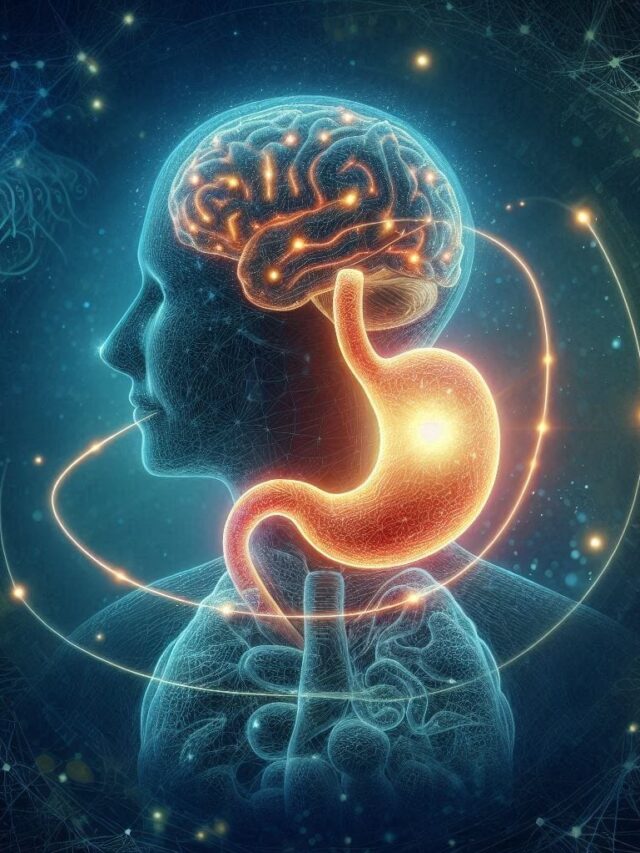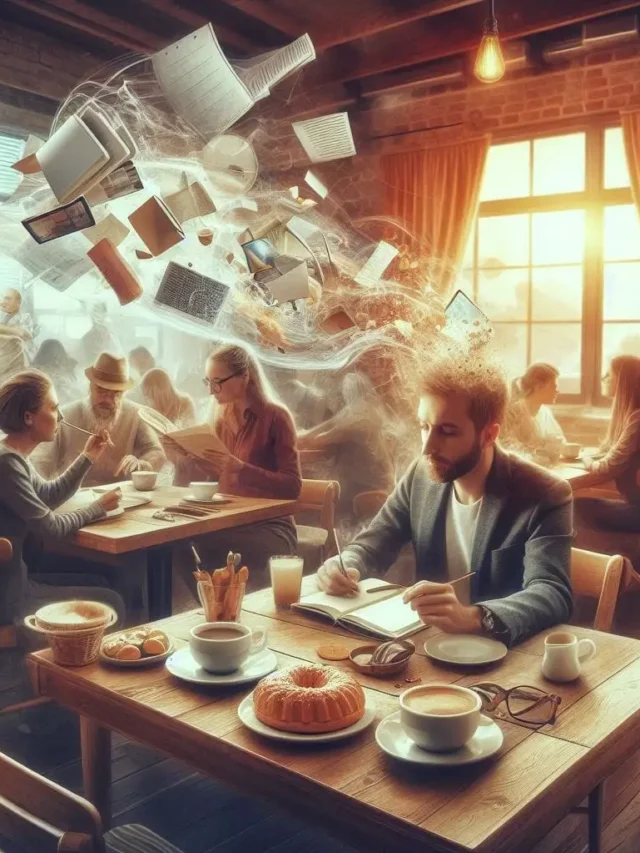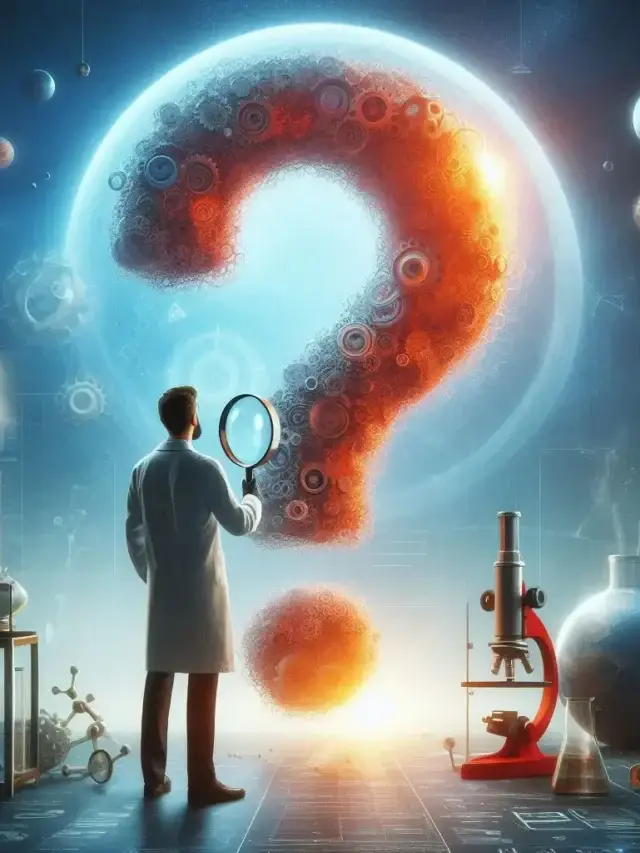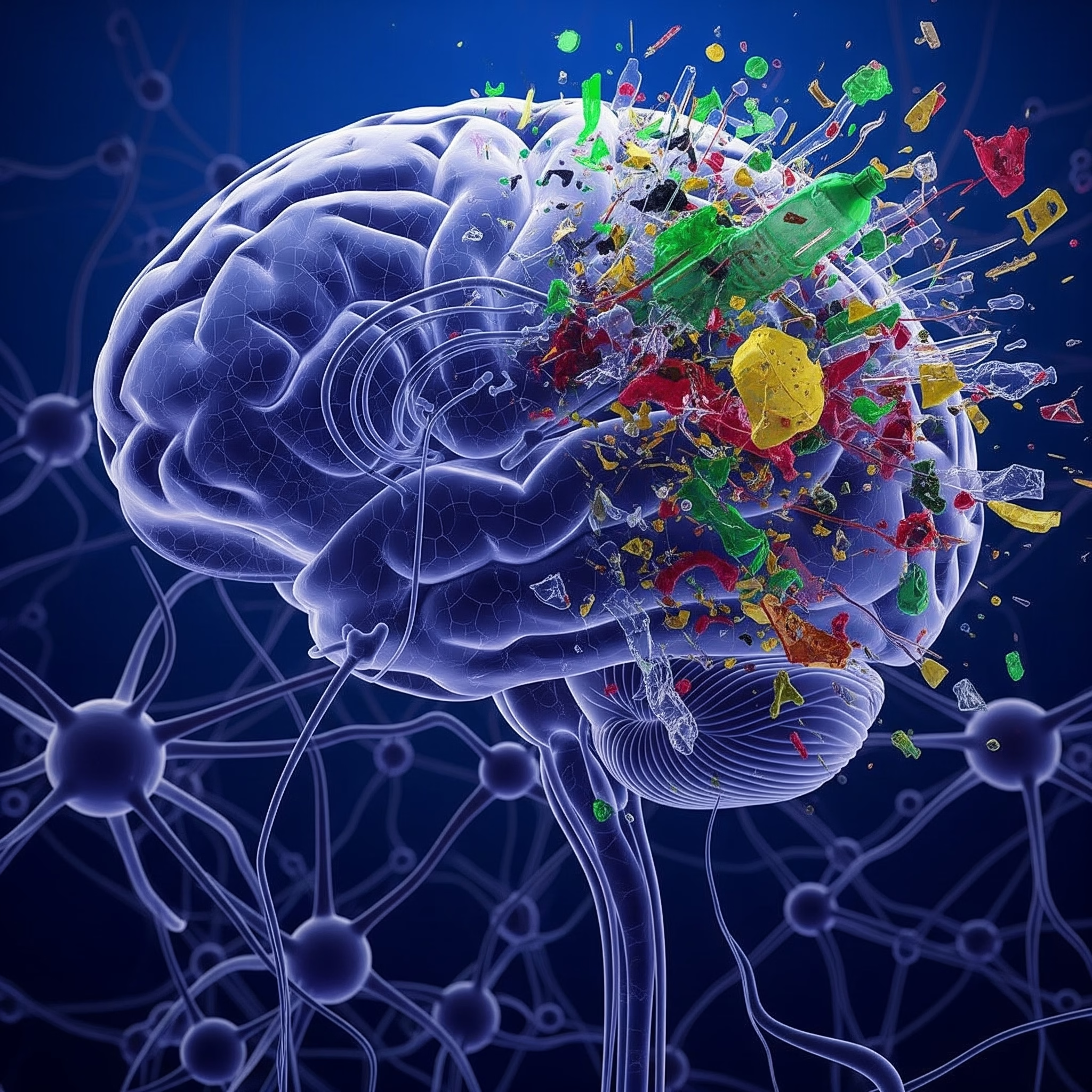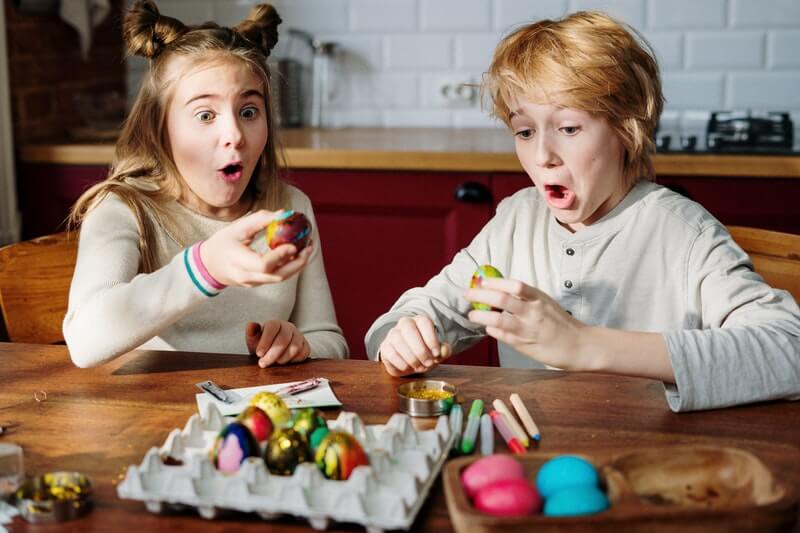Microplastics: The Invisible Invader
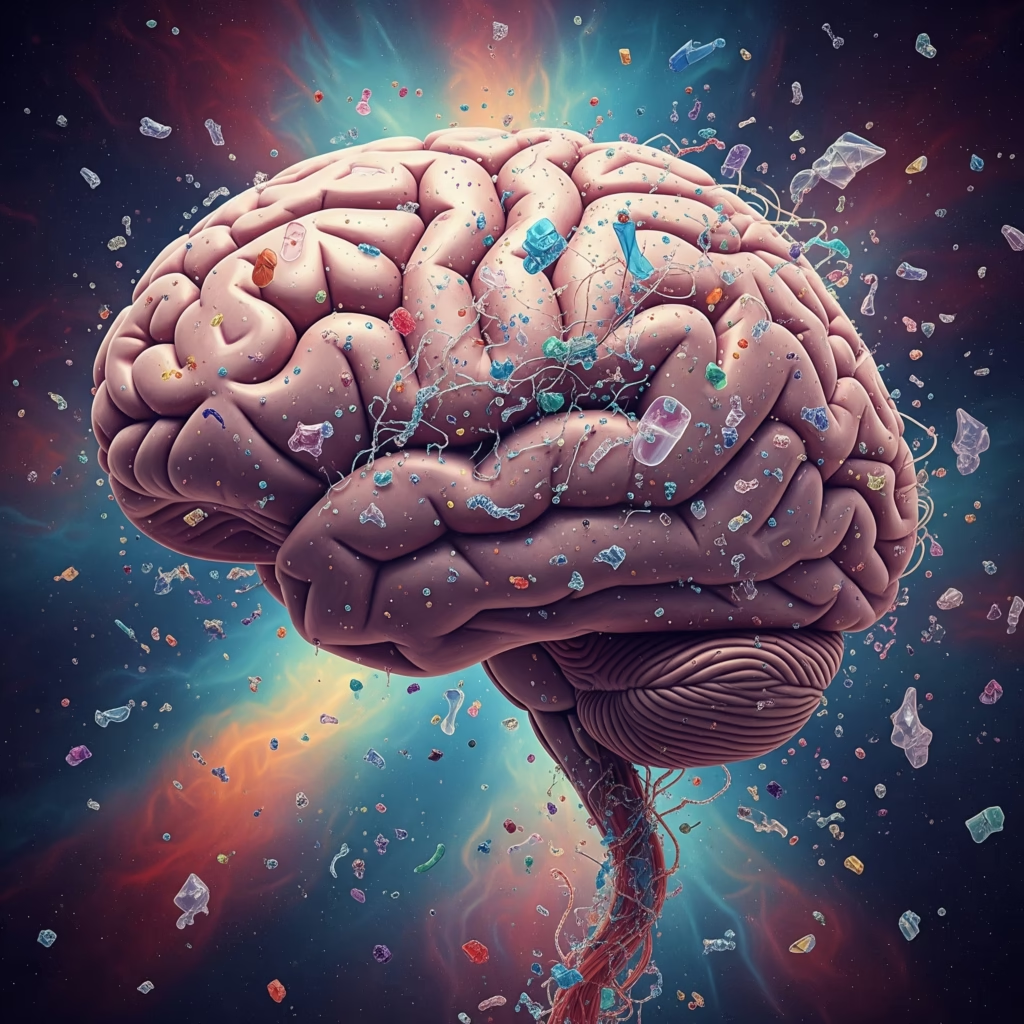
Ever get the feeling your brain’s just… foggy? Like you’re trying to think through molasses? Blame sleep, stress, TikTok bingeing—but here’s something wild: microplastics might be playing a role too. Yep, plastic. The same stuff wrapping your sandwich and floating in your bottled water could be sneaking into your brain.
Sounds like sci-fi, right? It’s not. It’s actual science. And if you’re the kind of person who double-checks food labels or worries about tap water, you might want to keep reading.
Wait—Microplastics Can Reach the Brain?
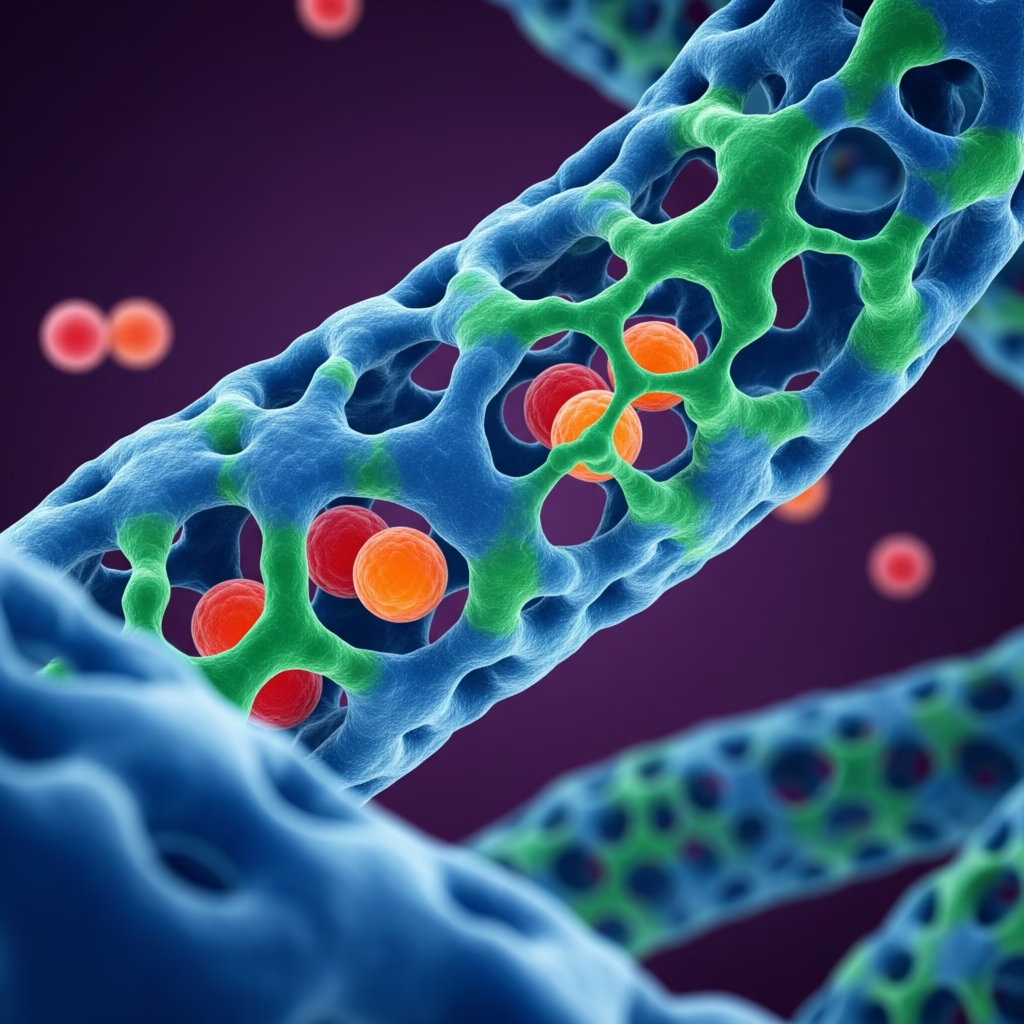
Here’s the thing: your brain is supposed to be the Fort Knox of your body. The blood-brain barrier is like a bouncer—only lets the VIP molecules through. But recent studies? They’re finding that microplastics—especially the teeny ones called nanoplastics—can sneak past.
In rodents, researchers have literally found plastic particles embedded in brain tissue within hours of exposure. That’s hours. Not weeks. Not years. Hours.
Now, humans aren’t mice. But if plastic is getting into our brains too, even in trace amounts, that’s kind of a big deal. And not in a good way.
Your Brain on Plastic: What’s the Real Cost?
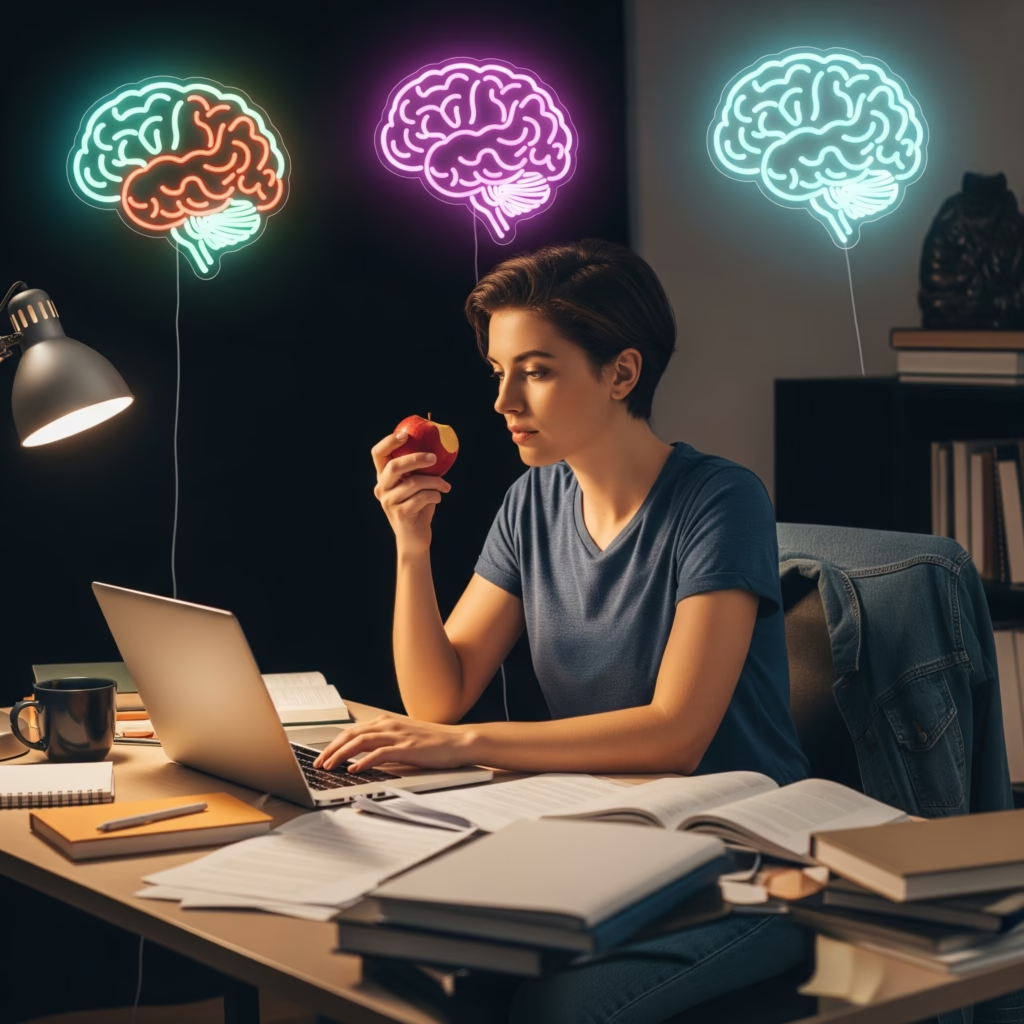
Let me explain why this matters. Your brain is electrical, chemical, and incredibly delicate. Microplastics have been linked to oxidative stress and inflammation—two things you absolutely don’t want messing with your neurons. Think of it like throwing sand in a precision watch.
The early signs? Brain fog. Fatigue. Mood swings. Maybe some memory glitches you chalk up to age or stress. But over time, chronic inflammation in the brain has ties to neurodegenerative diseases like Alzheimer’s and Parkinson’s.
You know what’s scary? You might not feel the effects right away. It’s subtle. Slow. Like a dripping faucet eroding the sink—until one day, it’s rusted through.
The Everyday Culprits—Where Are These Plastics Coming From?
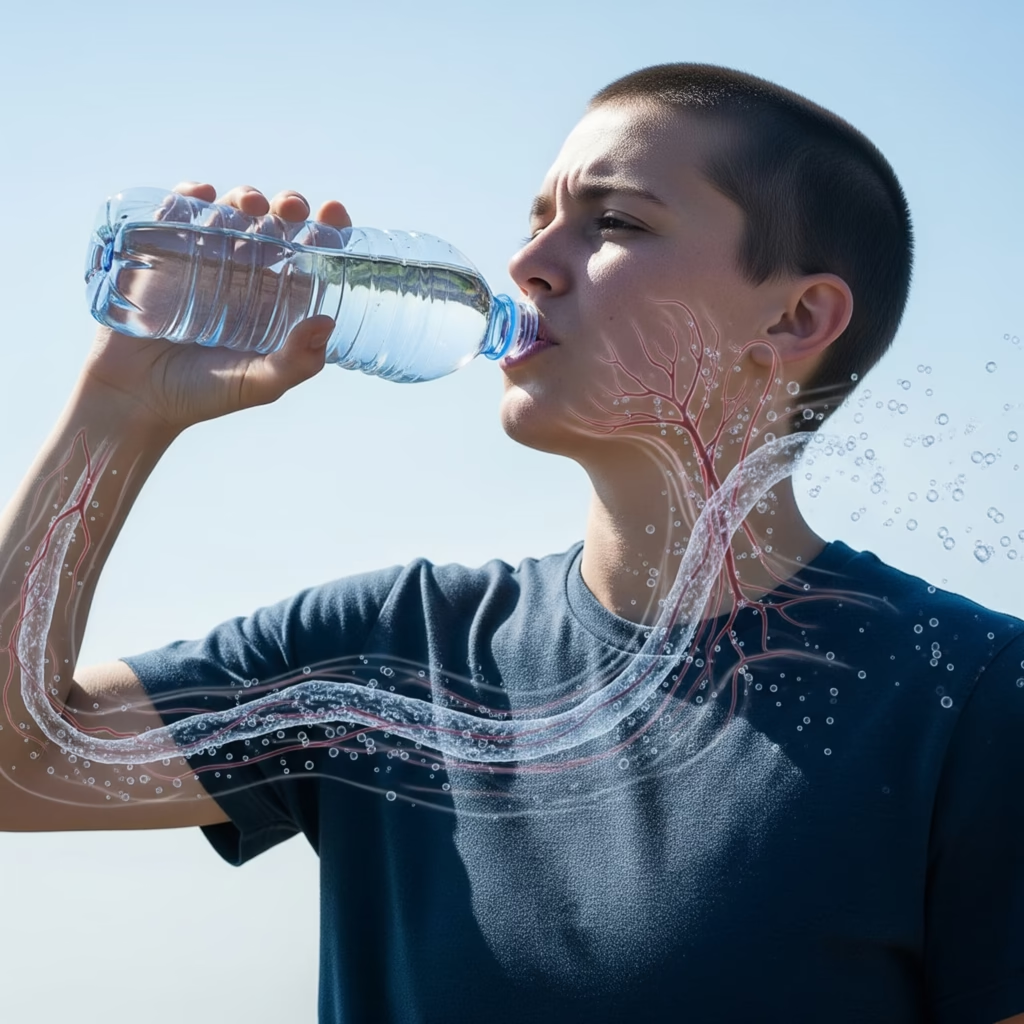
Let’s take a breath—and look around. Because the enemy here isn’t some exotic toxin; it’s everywhere.
- Bottled water. Yep, even the fancy ones.
- Processed foods wrapped in plastic.
- Air pollution—especially in urban areas.
- Personal care products (yep, microbeads are still a thing, just sneakier).
- Even tea bags. Some of those nylon ones? Basically plastic soup.
You breathe them. Eat them. Absorb them. It’s not paranoia—it’s just the way things are right now.
Can You Really Detox Your Brain? Kinda. Here’s How.
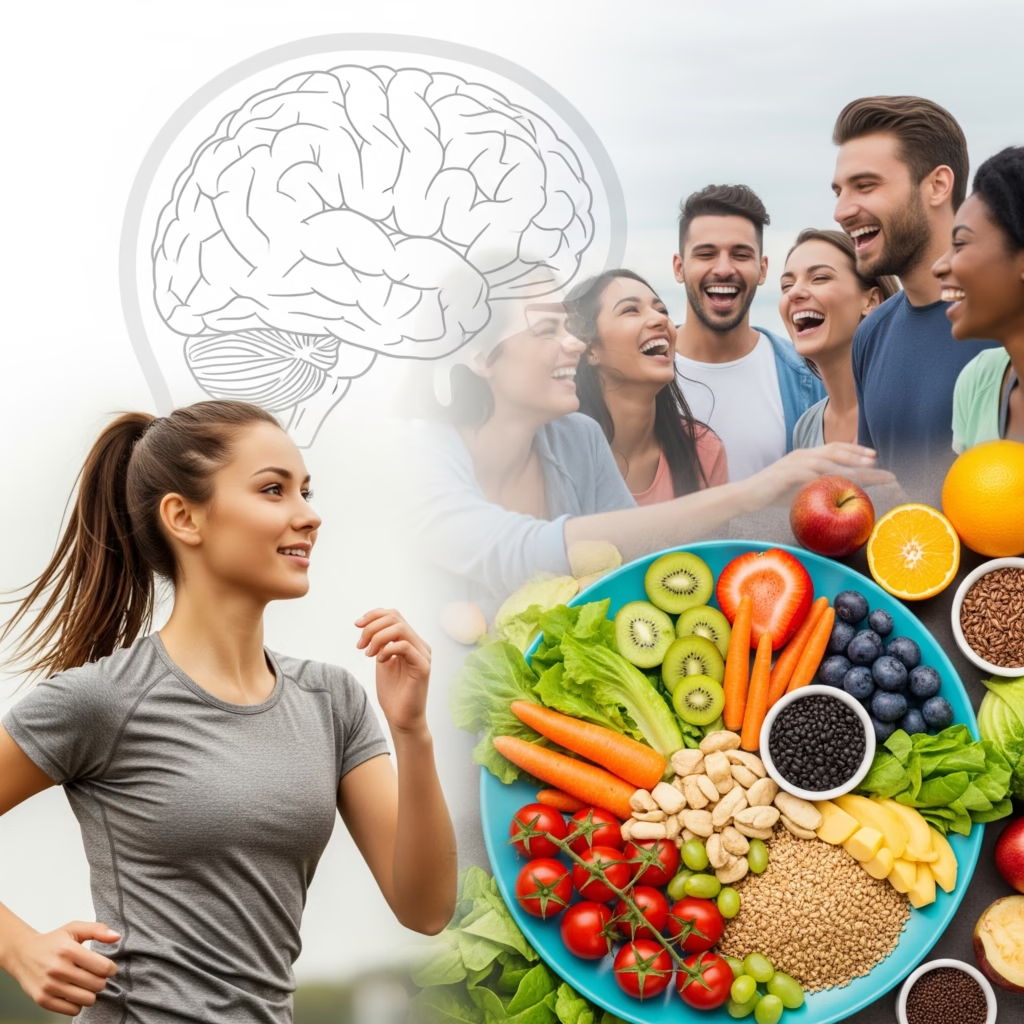
Alright—now to the question you’re probably thinking: “So, what do I do about this?”
Well, the truth? You can’t scrub your brain squeaky clean. But you can help your body handle it better. Think of it as giving your detox system some backup:
- Antioxidants like vitamins C and E help fight oxidative stress.
- Curcumin (from turmeric) has neuroprotective perks.
- Omega-3 fatty acids—they don’t just help your heart, they’re brain’s besties too.
- Chlorella and spirulina—natural binders for heavy metals and maybe microplastics (jury’s still out, but promising).
- Quality sleep—because your brain literally cleans itself while you snooze.
Hydration, a clean diet, less plastic packaging… it all adds up. Not glamorous, but wildly effective.
Supplements, Superfoods, and a Little Bit of Skepticism
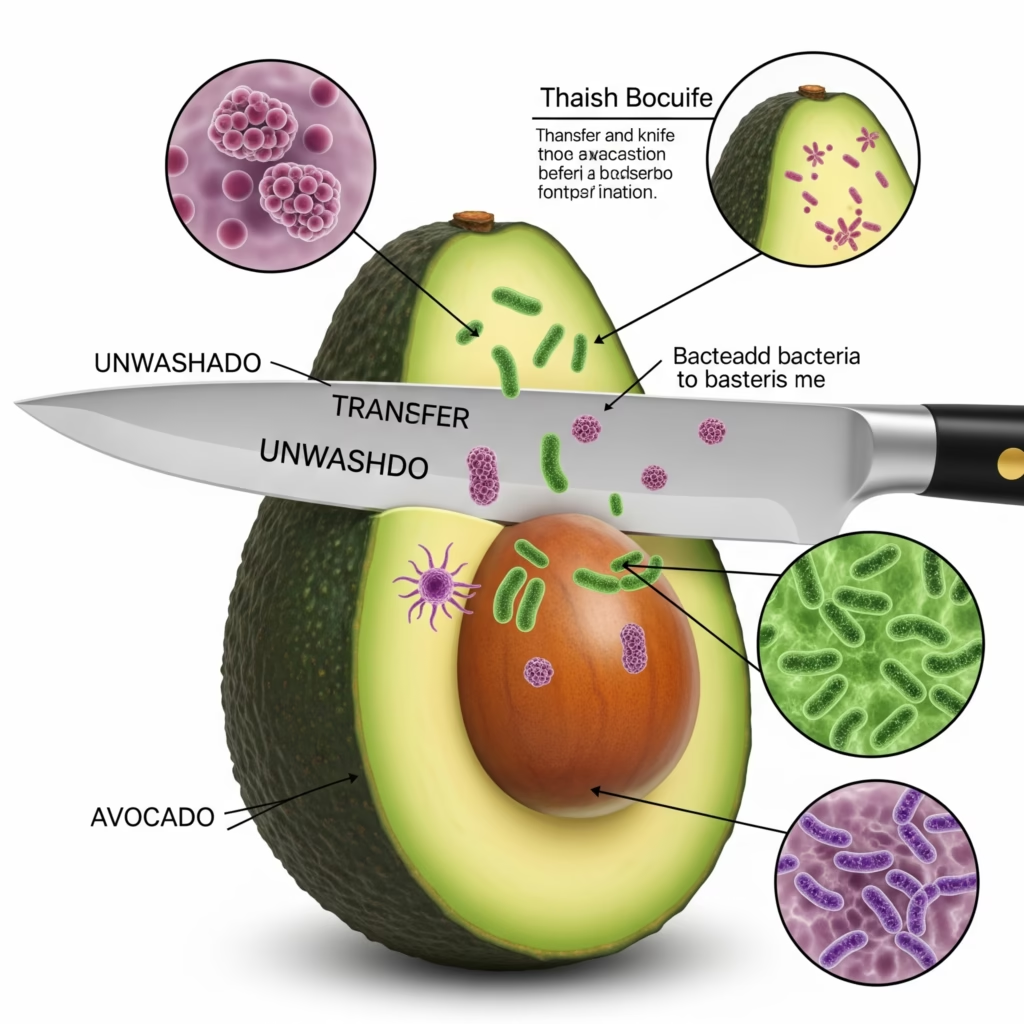
Now, about all those “miracle” brain detox powders—take ‘em with a grain of salt. Some are legit. Some are marketing fluff wrapped in glossy labels.
Activated charcoal? Maybe. But it can also absorb nutrients you need. Zeolite? Possibly helpful. But do your homework, and ask someone who didn’t get their MD from TikTok.
Stick to the classics: leafy greens, real food, proper hydration. Your grandma probably had it right—minus the plastic-wrapped everything.
Small Habits, Big Impact: Changing the Way We Live
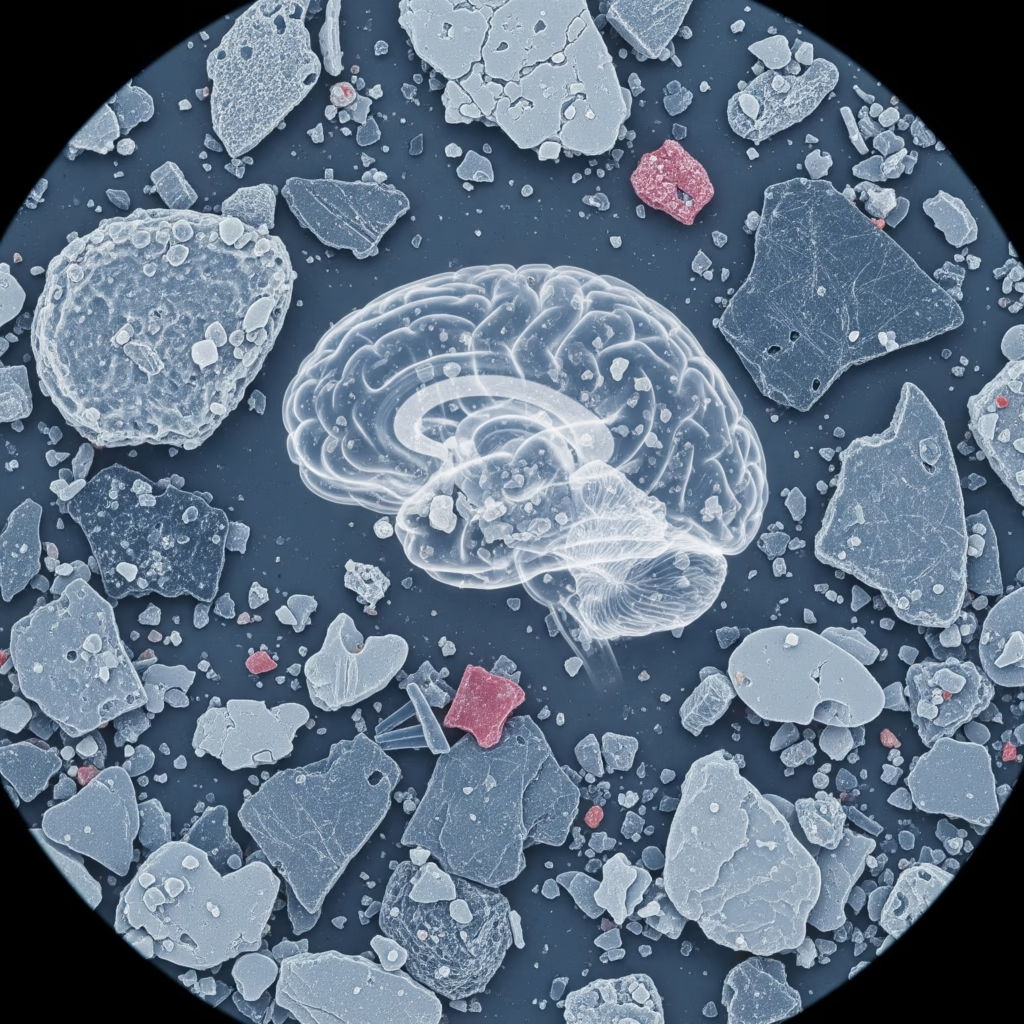
It’s not just about patching holes—it’s about fixing the leak.
Reducing exposure is just as important as dealing with what’s already in us. That means reusable water bottles, choosing glass over plastic, skipping plastic-heavy takeout when you can. Little swaps. No judgment, just awareness.
And honestly? This isn’t just about us. It’s about kids, future generations, ecosystems—everything connected to our plastic obsession.
This Isn’t Just Science. It’s Personal.
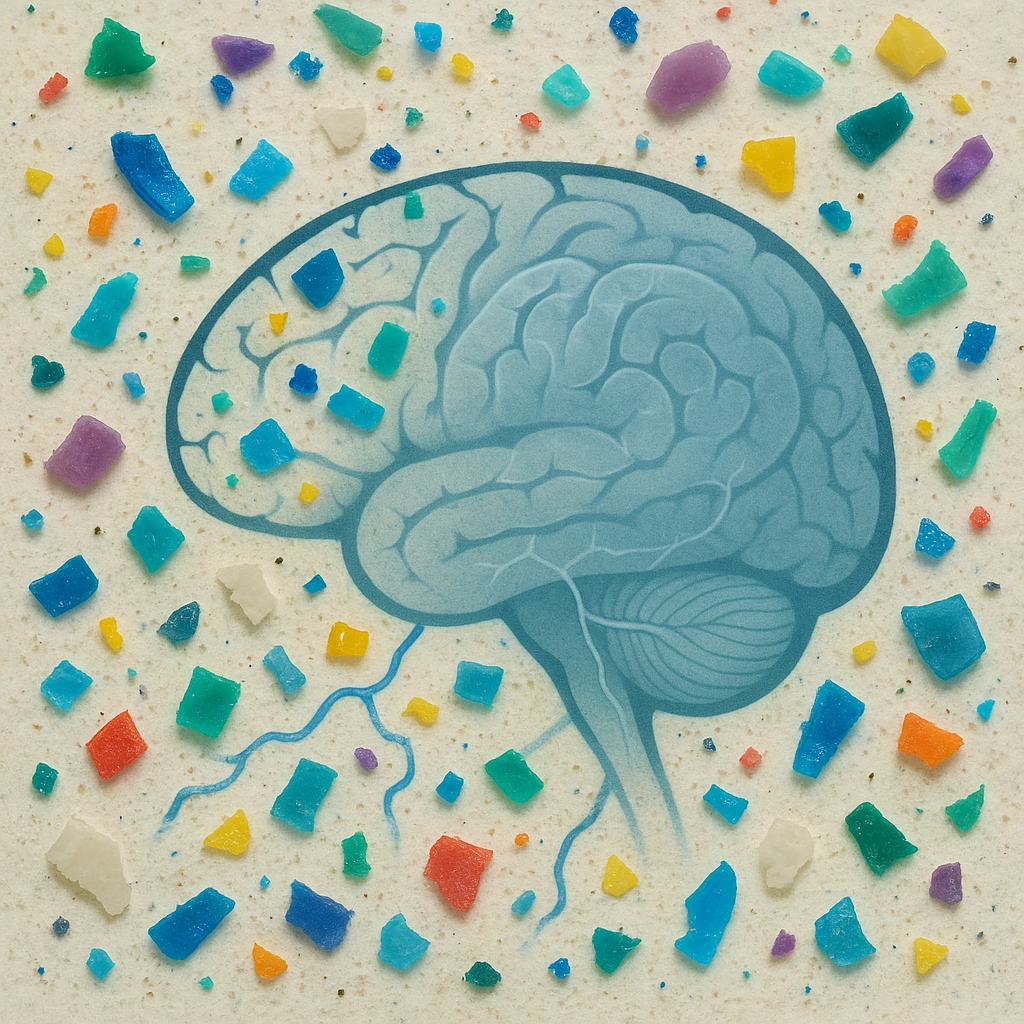
This isn’t a story about plastic—it’s a story about us. About the quiet, creeping things that affect how we think, feel, and show up in the world.
The good news? You don’t need a lab coat or a supplement subscription to fight back. You just need awareness. And maybe a little stubbornness.
So yeah—start with your brain. But don’t stop there.
